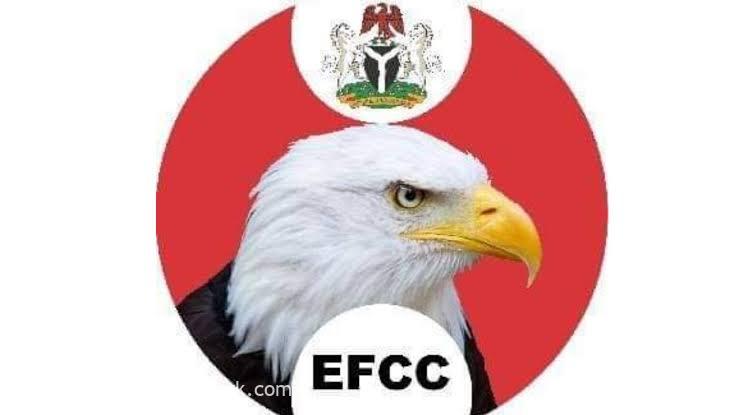Senior Advocate of Nigeria, Kayode Ajulo, has appealed to President Bola Tinubu to institute a presidential task force with the objective of uncovering corrupt practices involving officials of the Economic and Financial Crimes Commission.
The Chairman of the EFCC, Ola Olukoyede, recently admitted that some of his personnel were accepting bribes from individuals undergoing investigation for corruption.
Olukoyede shared this information in his New Year address to the commission’s staff on January 18.
Ajulo, addressing journalists in Abuja on Saturday, reacted to the disclosure, calling on the President to establish a task force to uncover corrupt practices within the agency. He stressed that an agency dedicated to fighting corruption must uphold the highest standards.
He explained that the mandate of the presidential task force would involve removing corrupt elements from the EFCC, ensuring the agency’s effective discharge of its functions.
The senior lawyer additionally urged the President to contemplate merging the EFCC with the Independent Corrupt Practices and Other Related Offences Commission.
Read also: How Emefiele Impersonated SGF To Illegally Obtain $6m – EFCC
‘President Tinubu should immediately set up a presidential task force with a mandate to identify those behind bribe-taking in the EFCC. The fact that the chairman of the commission is the one who made the allegation makes a task force necessary at this time,’ Ajulo said.
He added, ‘The EFCC has long been entrusted with the critical responsibility of preventing, investigating, and prosecuting financial crimes.’
‘However, recent developments have raised concerns about the Commission’s focus and operations, warranting a thorough reassessment of its mandate and effectiveness.’
‘Regrettably, it appears that the EFCC has strayed from its primary functions, but rather engaging in what can be described as political posturing.’
He added that the anti-graft agency had prioritised high-profile cases and media sensationalism over its core objectives, ‘Compromising its ability to diligently pursue and bring to justice the real perpetrators of economic and financial crimes,’ he said.
In light of this, Ajulo emphasized the significance of assessing EFCC operations, rectifying shortcomings, and reaffirming its dedication to its initial mission.
Ajulo pointed out that this endeavor necessitates collaboration between the EFCC’s leadership, relevant government bodies, the National Security Adviser, Minister of Defence, civil society organizations, legal experts, and the media.
According to the legal luminary, the commission must prioritize restoring public trust, fostering transparency, and enhancing its capacity to effectively combat economic and financial crimes.

